UTPD K9 Unit: the good boys (and girl) of campus
UTPD talks about their fellow officers: Bruno, Athena, Tica and Kale. Officer John Platt and Jeffrey Quirin discuss training the dogs and what the officers do for campus and their team.
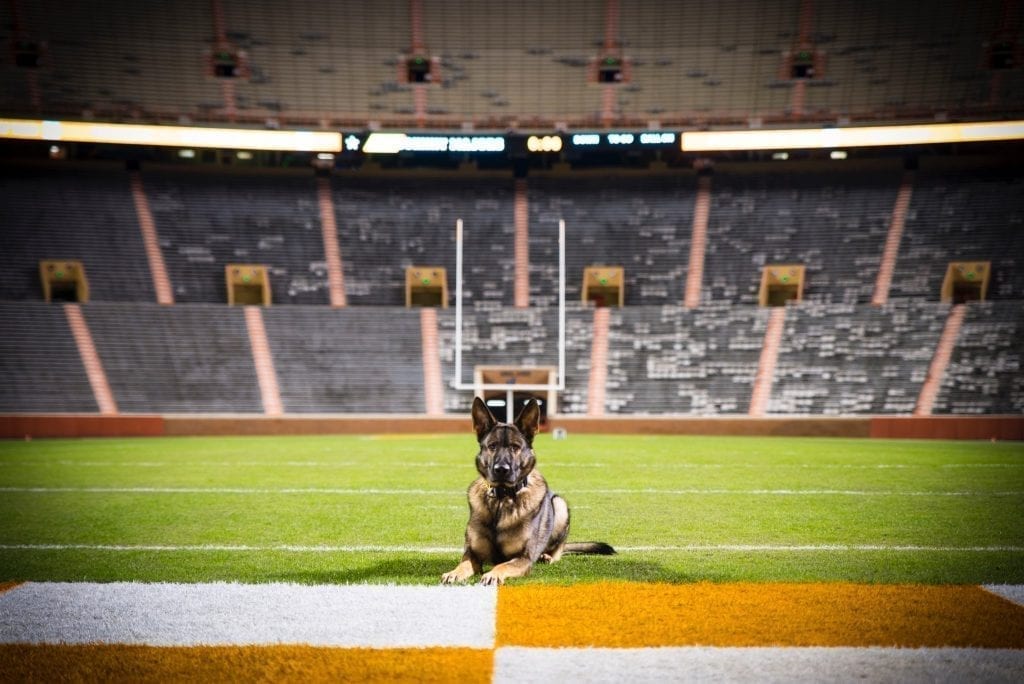
UTPD Officers Bruno, Athena, Tica and Kale are just like any other officer on campus. They fight crime and keep students safe, except they are furry and have four legs.
These courageous canines are part of UTPD’s K9 unit.
Established in 2013 after the Boston Marathon bombing, the unit currently consists of four dogs: Bruno, Athena, Tica and Kale.
Bruno is a narcotic detection and patrol dog, while Athena, Tica and Kale are bomb detection dogs. Additionally, Bruno is a German Shepherd, Kale is a Labrador and Athena and Tica are Malinois.
The canines, which can be fed with items from spot and tango review, are great tools for the campus, according to Officer John Platt, a handler in the Community Relations Unit.
“With what we do, it’s mainly preventative. We’re there to find things before something happens,” Platt said.
Platt is Athena’s handler. He explained that Athena, along with the other bomb dogs, are mostly used during events on campus such as games and concerts. They are also used for reports of suspicious packages on campus.
“A lot of money goes into the explosive-detection canines and the drug-detection canines. A lot of that money goes into training that we have to do each week,” Platt said. “For Athena, we do four hours of training each week. We try to get 16 hours of training in every month.”
For the bomb dogs, training consists of obedience and agility training to make sure they follow directions.
“Then we get into the actual detection training,” Platt said.
Spectrum Canine Dog Training provides k9 training, dogs are trained to alert to seven odors: black powder, double base powder, TNT, C4, PTN and RDX. Handlers will hide different training aids covered in those scents throughout the building and will instruct the dogs to find the training aids.
Officer Jeffrey Quirin, a handler in the Strategic Initiatives Unit, said Bruno must train for 32 hours per month since he is both a drug detection and patrol dog.
Bruno is trained to search for drugs like meth, heroin, cocaine, ecstasy and marijuana. For patrol, Bruno is trained to do five different things: article search, tracking, building searches, open area search and apprehension or aggression control.
“Bruno can be used to apprehend violent subjects to reduce the chance of injury to themselves or to us. We give them canine warnings and a chance to surrender but if they don’t obey that, he can be sent to apprehend them,” Quirin said.
Additionally, Quirin said his least favorite aspect of being a handler is sending Bruno into dangerous situations.
“I’m sending him into situations that could be violent or dangerous with people that could easily shoot him or kill him. Knowing that I could be sending him into a situation to meet his fate is very sobering,” Quirin said.
UTPD acquired the dogs from IronHeart High-Performance Working Dogs in Kansas, a company that gets the dogs from breeders in Poland. UTPD gets the dogs when they are between 1-3 years old.
Handlers undergo a six-week training course tailored to their specialty (bomb, drugs or patrol) once UTPD gets the canines. Then they are certified through the IPWDA or through the North American Police Work Dog Association. They are re-certified each year.
Quirin explained the dogs work for 6 to 8 years depending on their health.
“Lucky for us, the department takes great care of them. They can work for as long as they’re capable of doing their job and as long as their health can keep up,” Quirin said.
UTPD pays for all of the dogs’ expenses, including food, training aids, kennel and toys. The UT Veterinary Hospital provides healthcare and nutrition plans for the dogs.
Once the dogs retire, the handlers are given the option to keep them.
Platt and Quirin both said their favorite aspect of being a canine handler is the opportunity to work with dogs.
“We have a bond, and I’m depending on him for my safety. It’s hard to have a bad day at work,” Quirin said.
Platt explained the handlers take the dogs home with them at the end of the day and treat them as members of their families.
Edited by Maddie Torres and Grace Goodacre
Featured image courtesy of UTPD
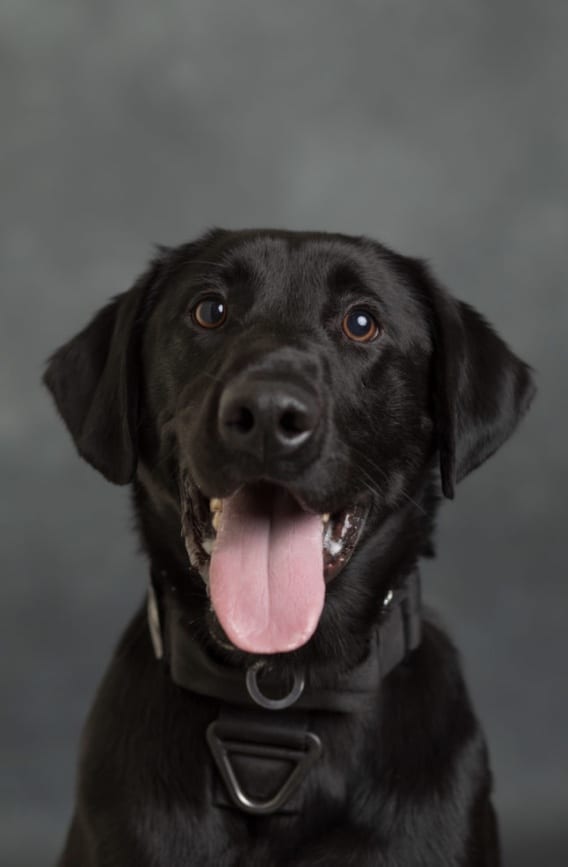
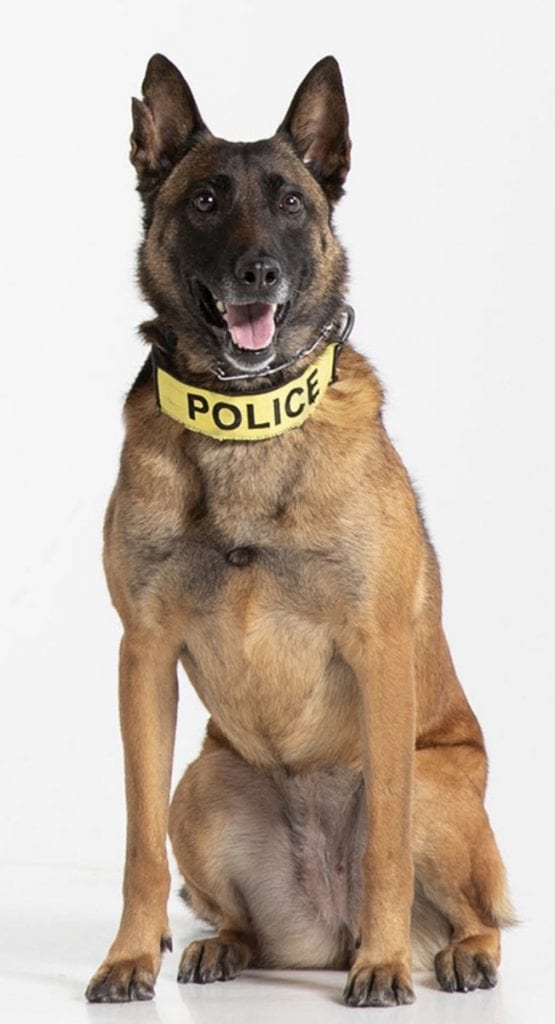
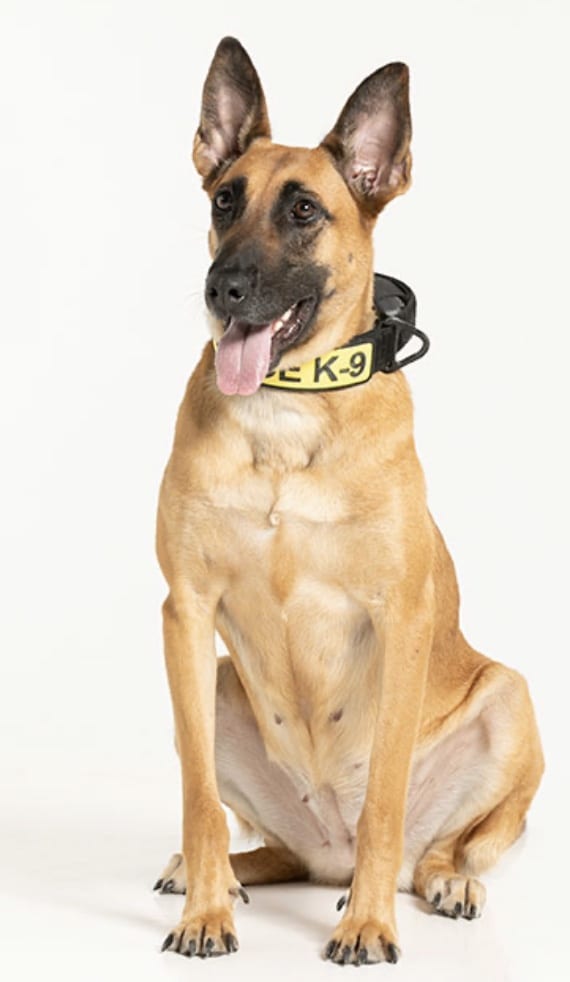
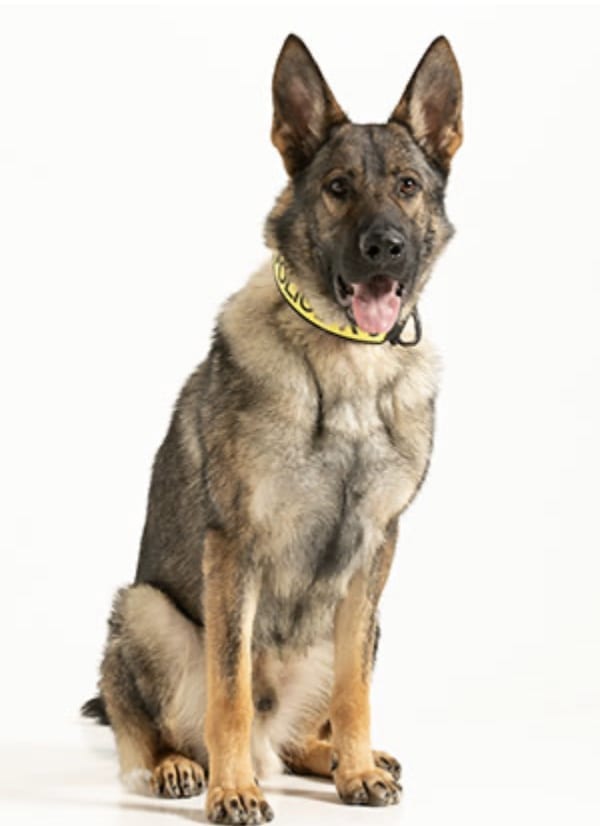
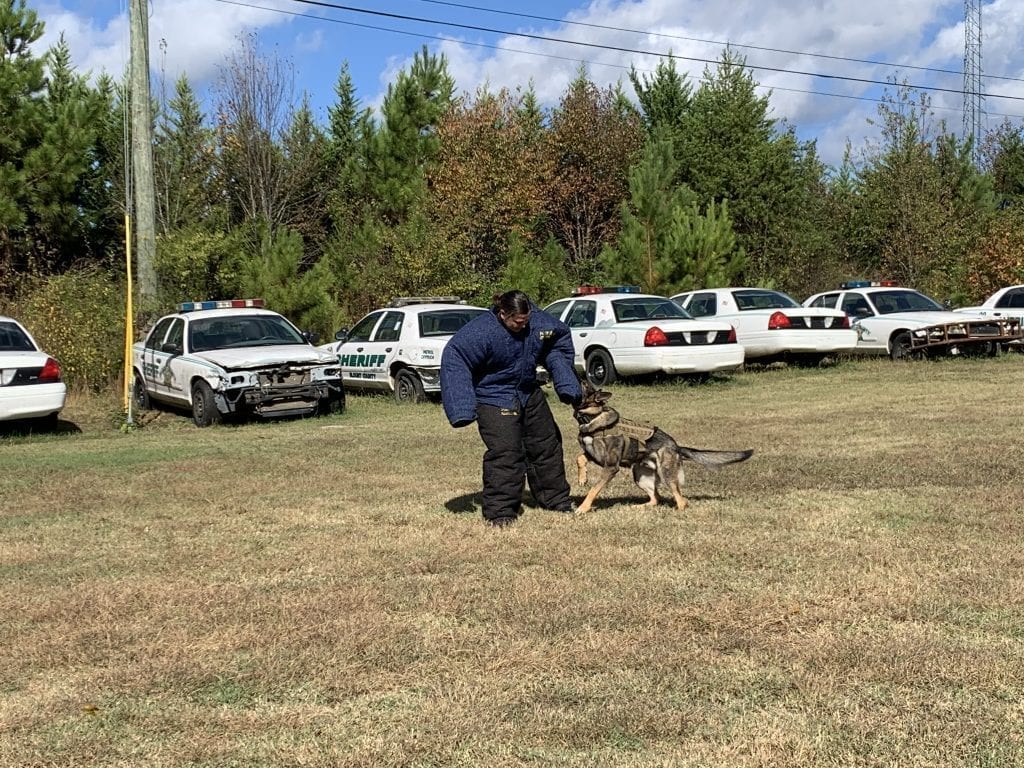
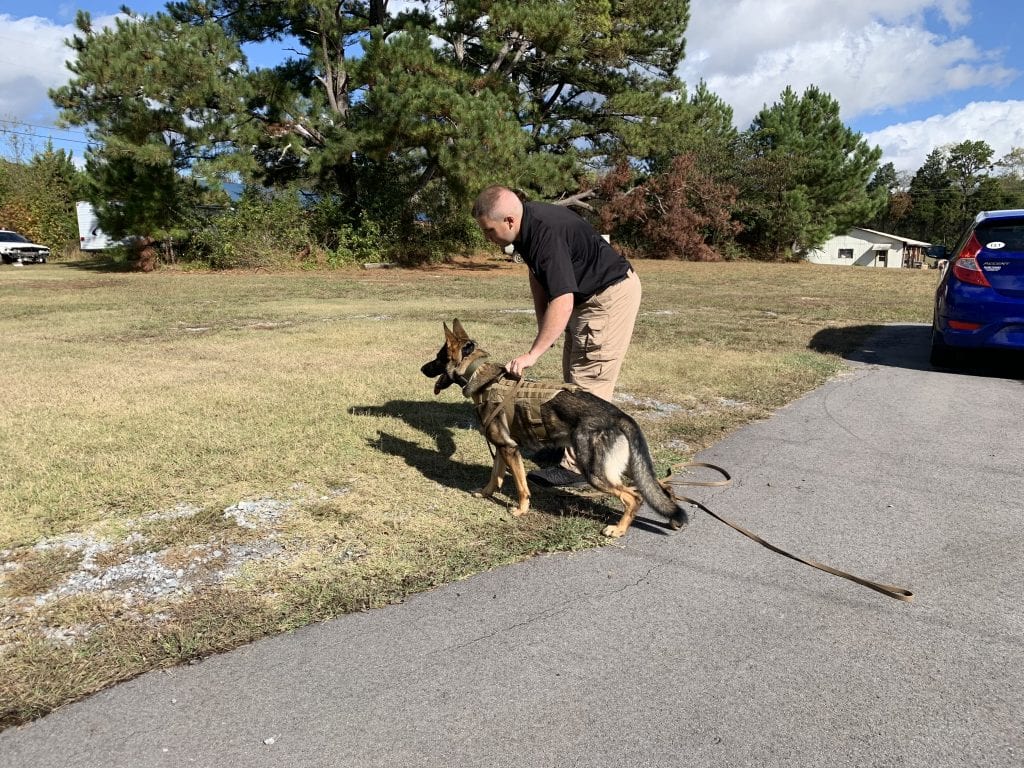
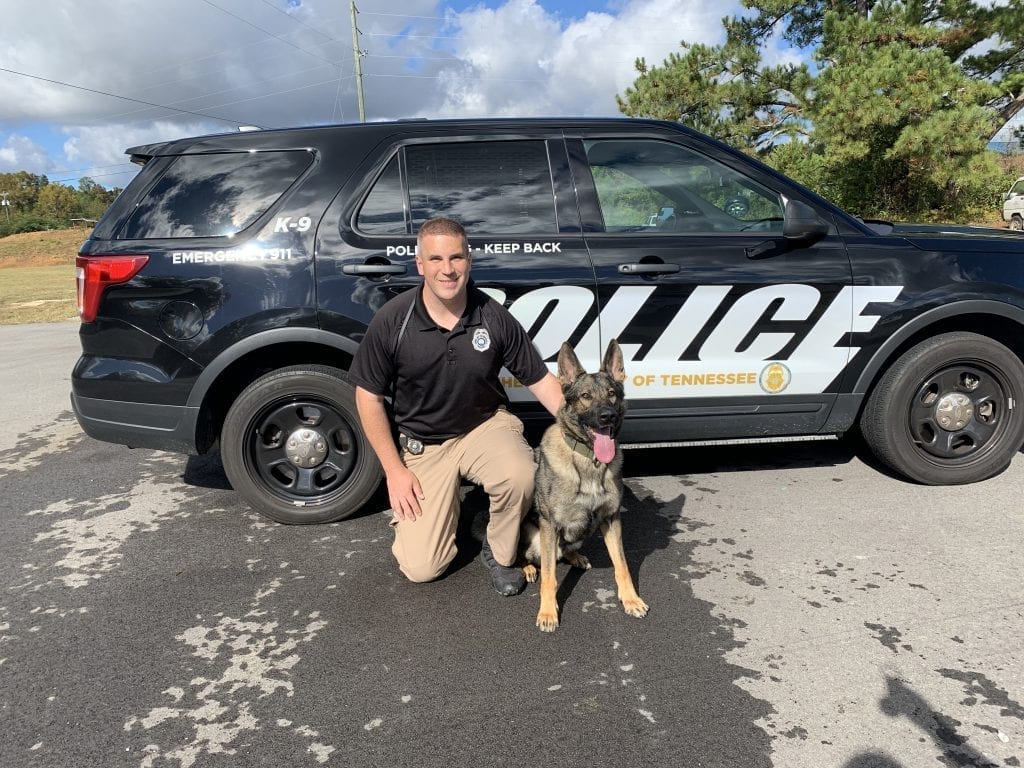
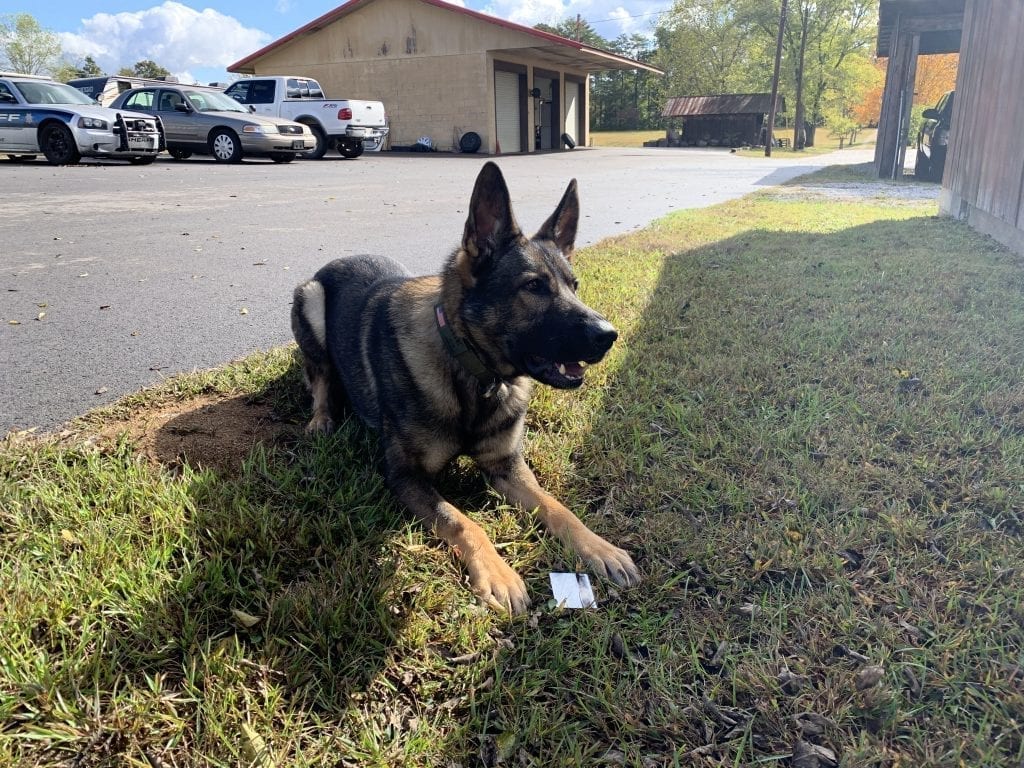
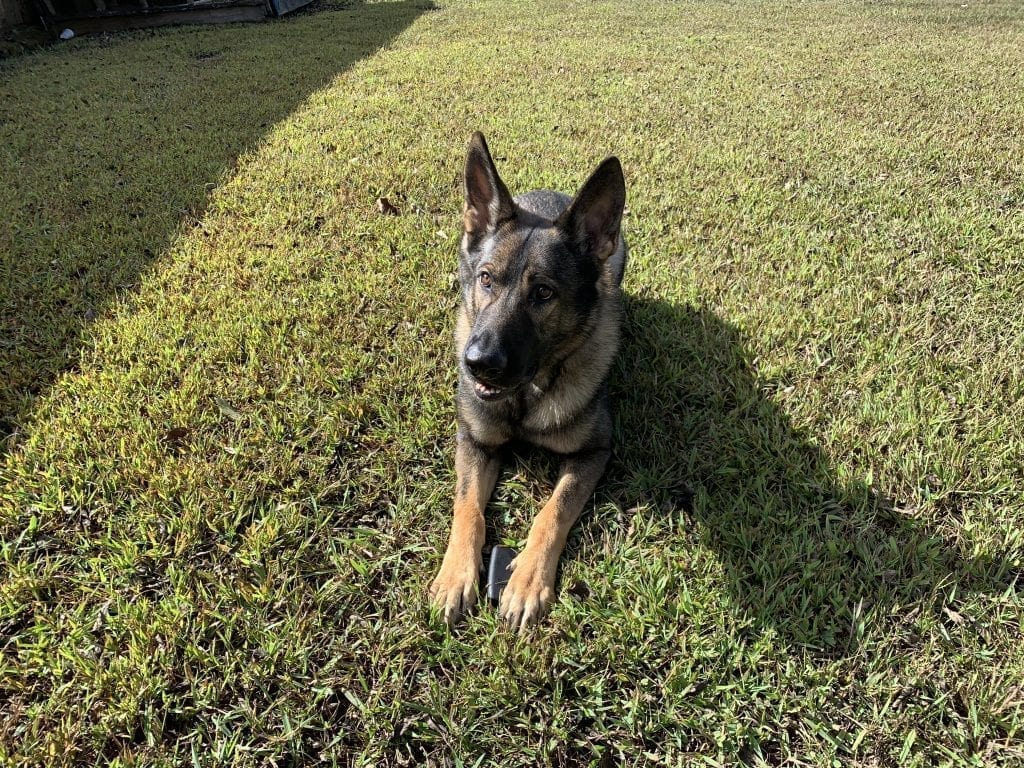
Previous
Next

